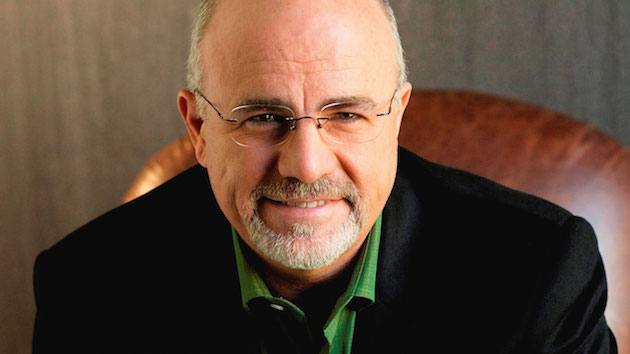Dave Says: Great start, but follow the steps

Need some financial advice? Debt and income crisis? Pay off the house mortgage first? Check cashing? Taxes? Credit Cards? Check out what folks are asking Dave Ramsey.
Great start, but follow the steps
Dear Dave,
I’ve recently begun living on a budget, and I’ve got $1,000 saved. At the moment, I have $150 left over each month after everything is accounted for in my budget. I also have three debts totaling about $12,000. Should I use this extra cash to pay off debt, or would it be a better idea to start investing the money?
Leland
Dear Leland,
Let’s put off investing for the time being. You’ve done a great job so far by getting on a budget and saving $1,000. Making mature decisions and telling your money where to go, instead of wondering where it went, is the key to gaining control of your finances.
READ: Dave Says: Landlords and duplexes
Now, let’s take a closer look at my plan and where you stand. You’ve already set aside $1,000 for a beginner emergency fund. That’s Baby Step 1. Don’t touch that money except in the event of an actual emergency. You’re ready now for Baby Step 2, which is to pay off all debt except for your mortgage using the debt snowball system. To do this, make a list of your debts from smallest to largest. Make minimum payments on all but the smallest debt, and attack it with a vengeance. As soon as you get that one paid off, move on to the next one and then the next one.
Once you finish the debt snowball, and you’re debt-free except for your house, you go back to your emergency fund and stash more money away until you have a fully-funded emergency fund of three to six months of expenses. This is Baby Step 3. Now you can begin concentrating on investing for retirement, which is Baby Step 4. Start with your employer’s 401(k) plan. Then, you can invest the rest into Roth IRAs—one for you, and one for your spouse—if you’re married.
Saving and investing are both very important. But it’s also important to become debt-free. That’s what makes them easy!
—Dave
Who will be liable for the debt?
Dear Dave,
My parents are getting up there in years, and they aren’t really prepared for when they pass away. They can’t afford life insurance at this point, and they also have a lot of debt. When they die, who will be liable for their debt?
Tammi
Dear Tammi,
Any outstanding debt your parents have upon passing will likely go against their estate. If they have a positive net worth—meaning they owned more than they owed—there will be money left over after the debts are paid, and this could go toward an inheritance. If they have a negative net worth, which means they owed more than they owned, everything could be sold off to cover as much of the debt as possible. Regardless, you would only be held liable for any of their debt if you were a co-signer on the loans.
I’d also suggest getting their permission to buy burial policies on them. If they won’t agree to this, you might have to save up money for their final expenses yourself. In most areas, $10,000 to $15,000 is enough to cover basic burial costs for two people.
—Dave






